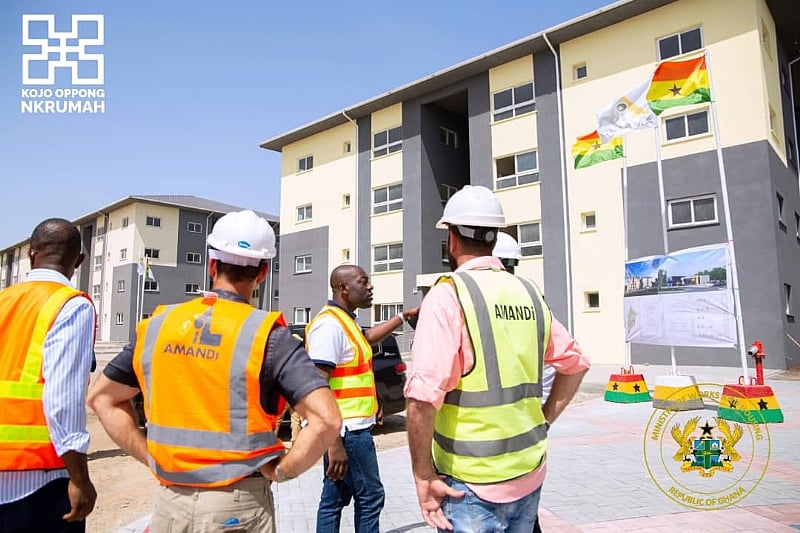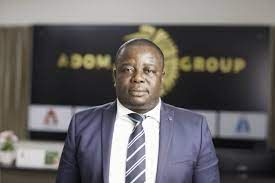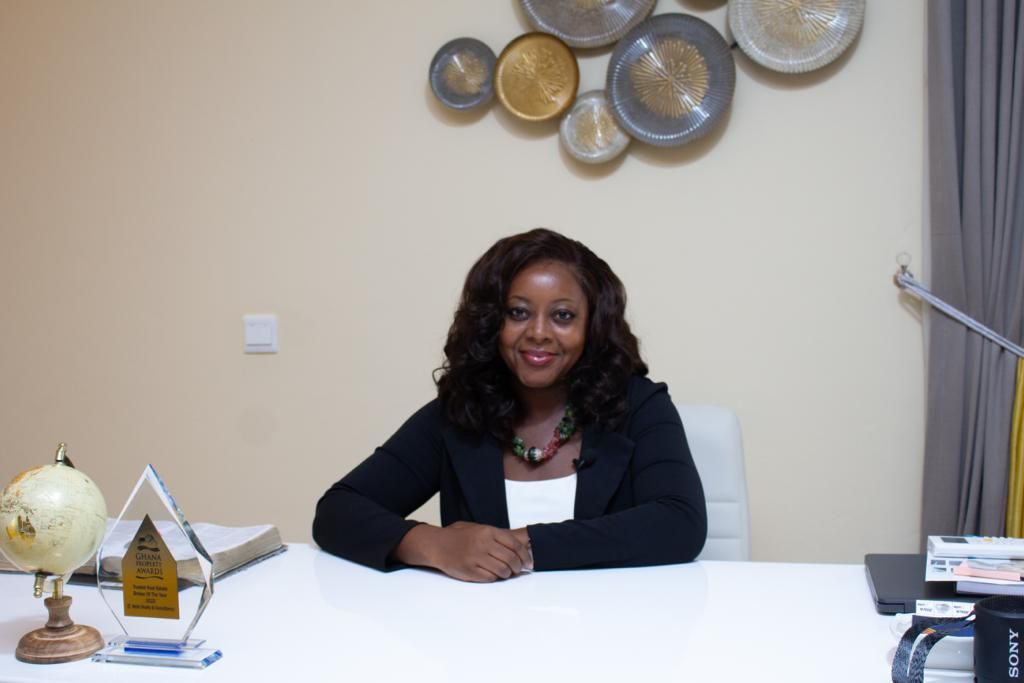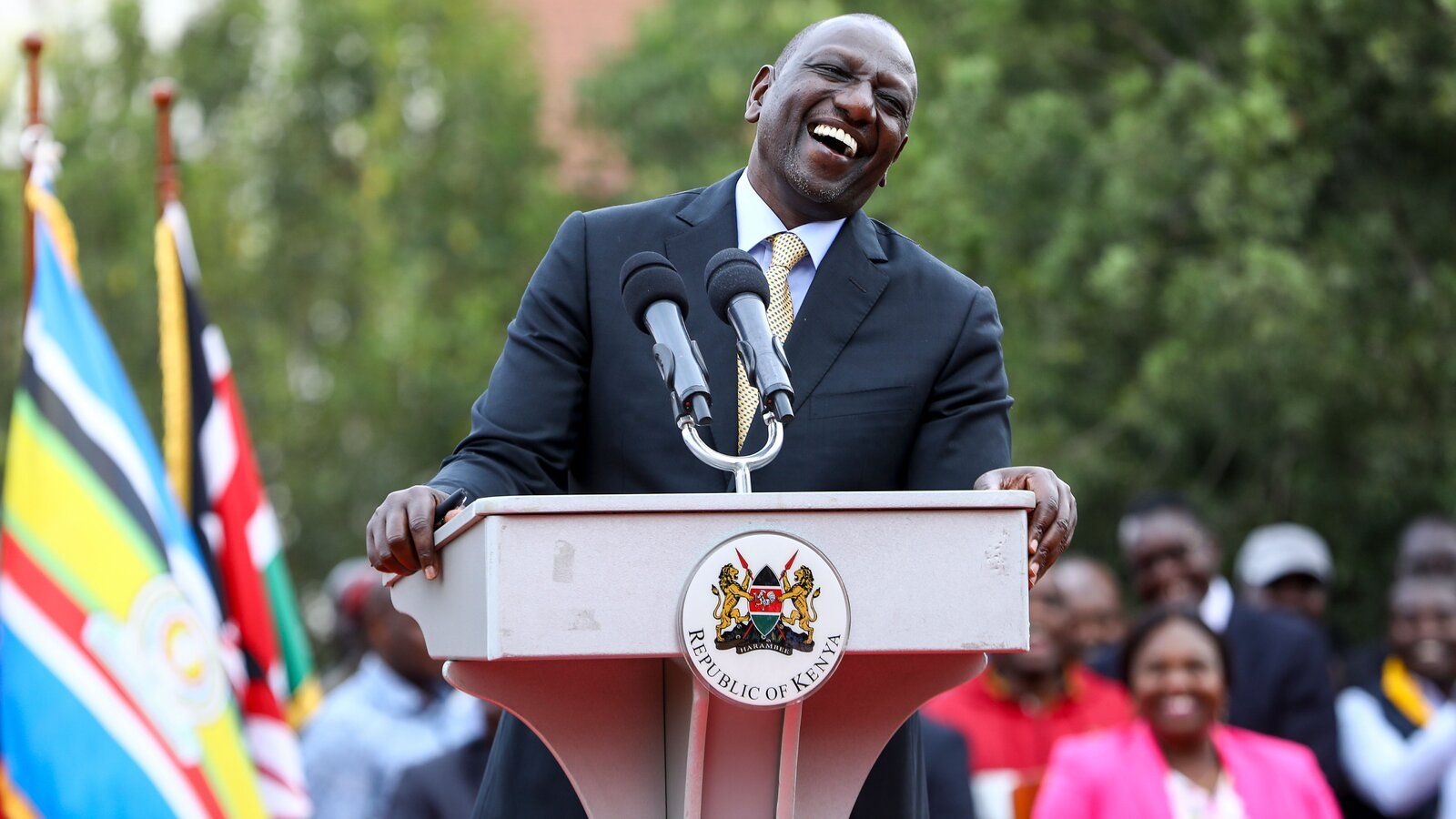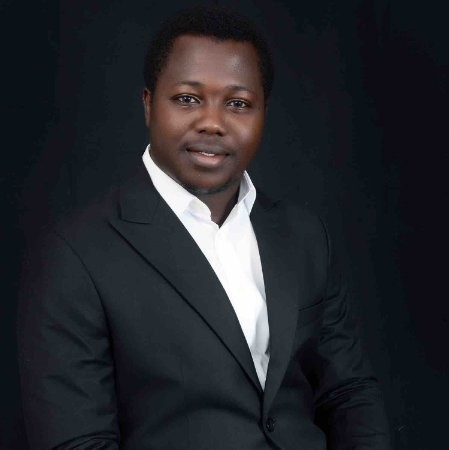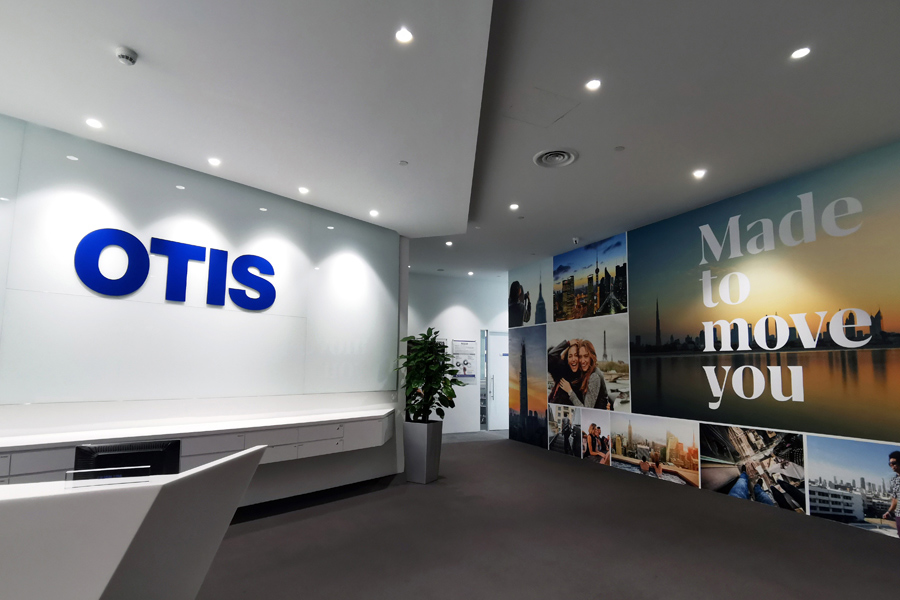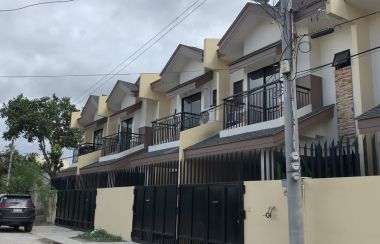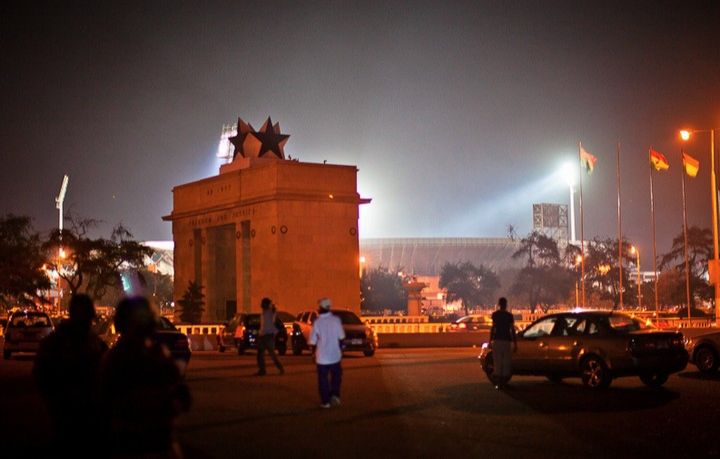Boeing announces fixes for its 737 Max aircraft
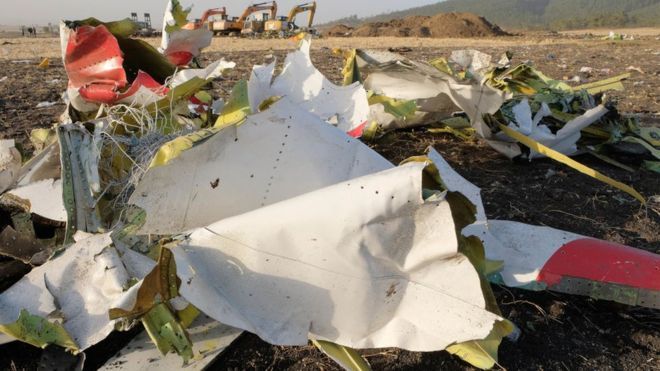
Boeing has issued changes to controversial control systems linked to two fatal crashes of its 737 Max planes in the past five months.
But it is still not certain when the planes, which were grounded worldwide this month, will be allowed to fly.
Investigators have not yet determined the cause of the accidents.
As part of the upgrade, Boeing will install an extra warning system on all 737 Max aircraft, which was previously an optional safety feature.
Neither of the planes, operated by Lion Air in Indonesia and Ethiopian Airlines, that were involved in the fatal crashes carried the alert systems, which are designed to warn pilots when sensors produce contradictory readings.
Boeing said that airlines would no longer be charged extra for that safety system to be installed.
Upgrade
The planemaker has also issued an upgrade to the software that has been linked to the crashes.
The Manoeuvring Characteristics Augmentation System, better known as MCAS, is software designed to help prevent the 737 Max 8 from stalling.
It reacts when sensors in the nose of the aircraft show the jet is climbing at too steep an angle, which can cause a plane to stall.
But an investigation of the Lion Air flight last year suggested the system malfunctioned, and forced the plane's nose down more than 20 times before it crashed into the sea killing all 189 passengers and crew.
The US Federal Aviation Administration (FAA) says there are similarities between that crash and the Ethiopian accident on 10 March.
Boeing has redesigned the software so that it will disable MCAS if it receives conflicting data from its sensors.
Ethiopian Airlines crash: Six charts on what we know
In a briefing to reporters, Boeing said that the upgrades were not an admission that the system had caused the crashes.
Oversight
The FAA itself also came under scrutiny on Wednesday.
At a Senate hearing to discuss airline safety, senators questioned the FAA's acting head, Daniel Elwell, about the regulator's practice that involves employees of a plane manufacturer in the process of inspecting, testing and certifying the company's own aircraft.
The practice was described by one senator, Richard Blumenthal, as leaving "the fox guarding the henhouse".
Mr Elwell denied that it was "self-certification" arguing that the FAA "retains strict oversight authority" of the process. He said that the practice was used "globally", including by the European Aviation Safety Agency.
Mr Elwell added that if the FAA were unable to delegate these tasks to planemakers, it would have to recruit 10,000 more employees, costing the regulator an additional $1.8bn.
BBC
KINDLY FOLLOW THE PROCESS TO RESERVE OR BUY AN ADVERT PAGE
We are pleased to have you here.
You can easily buy your advert page in any of our magazine by clicking on here to follow the process to reserve an ad page in our magazines.
YOU CAN PAY ON-LINE OR RESERVE A PAGE
Comments System WIDGET PACK




.jpg)
